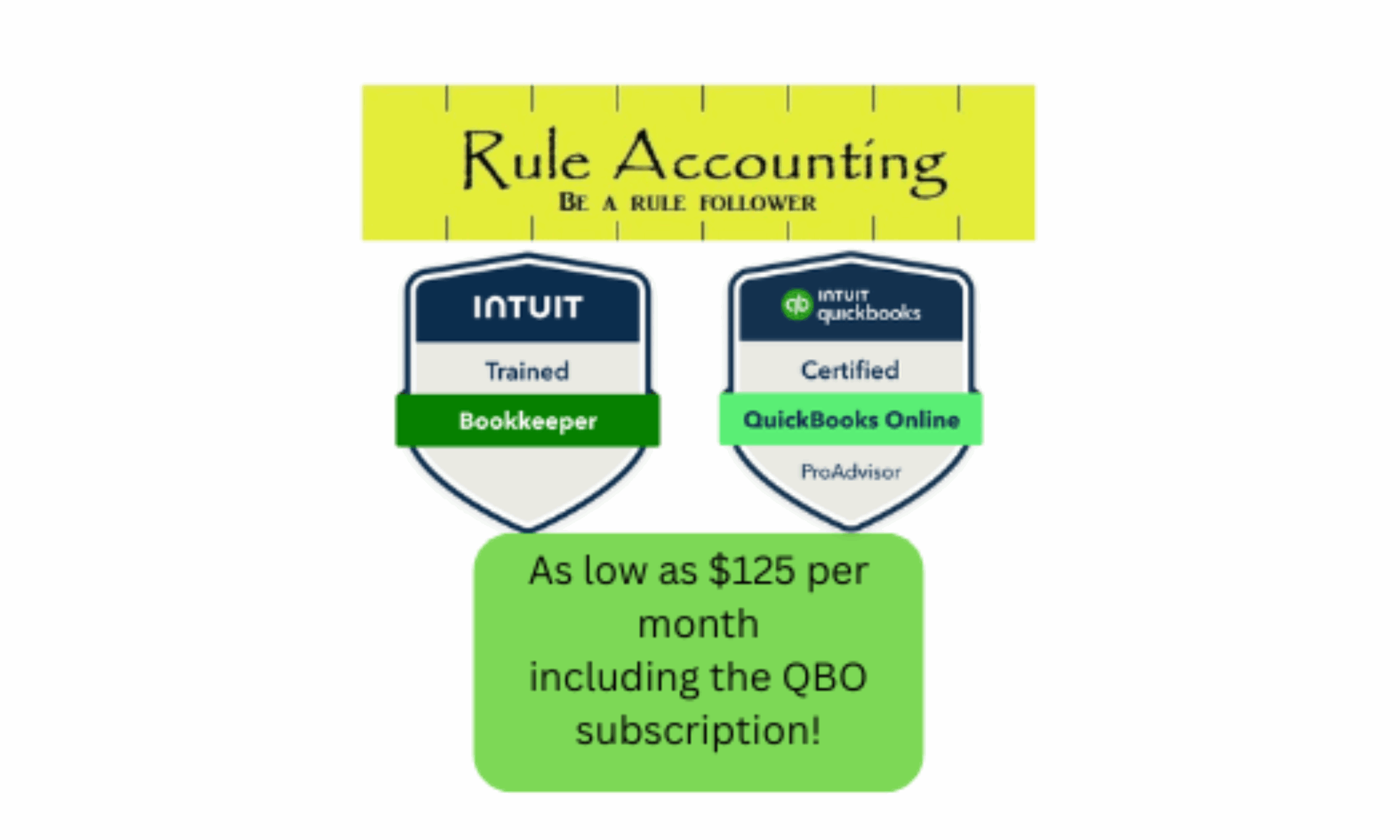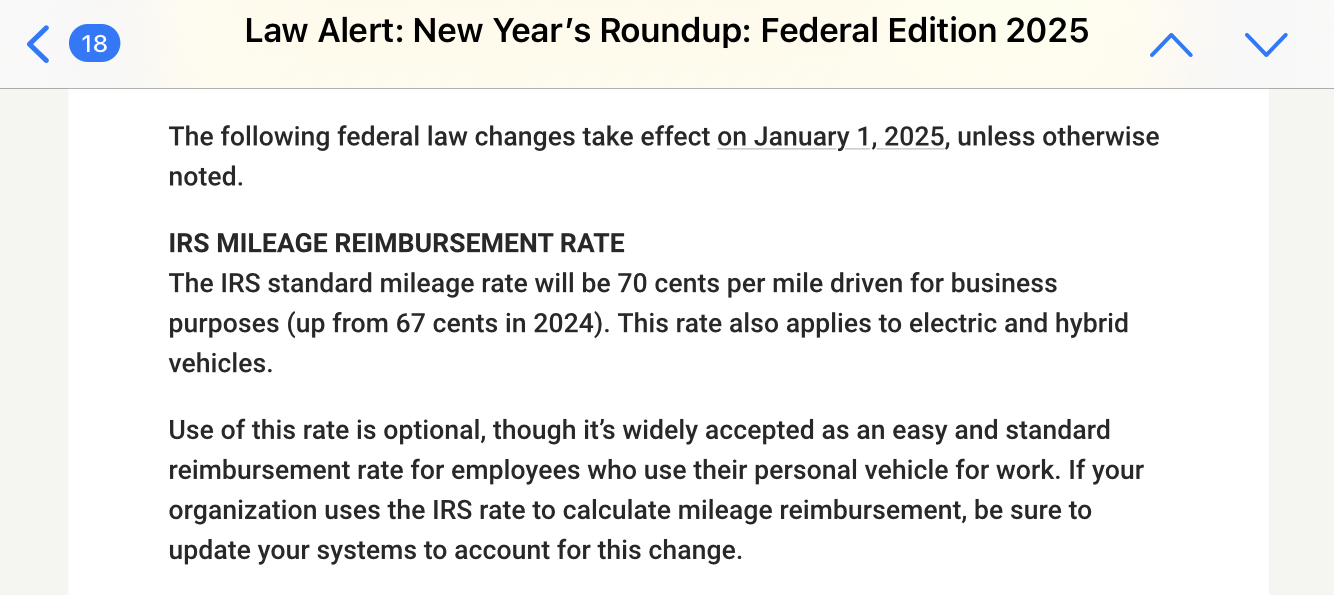
IRS
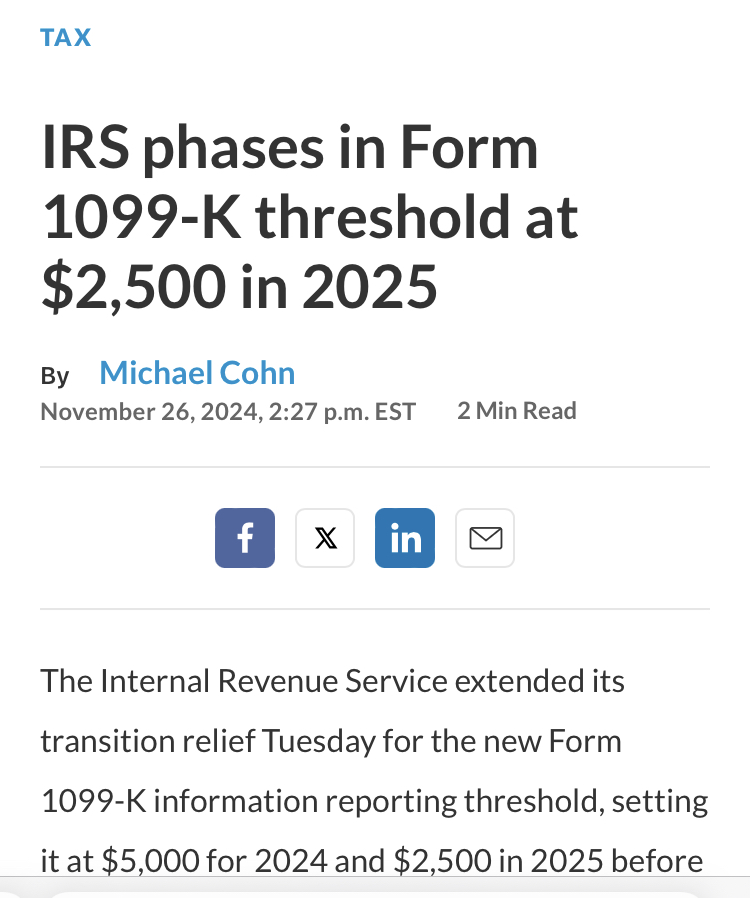
CAS
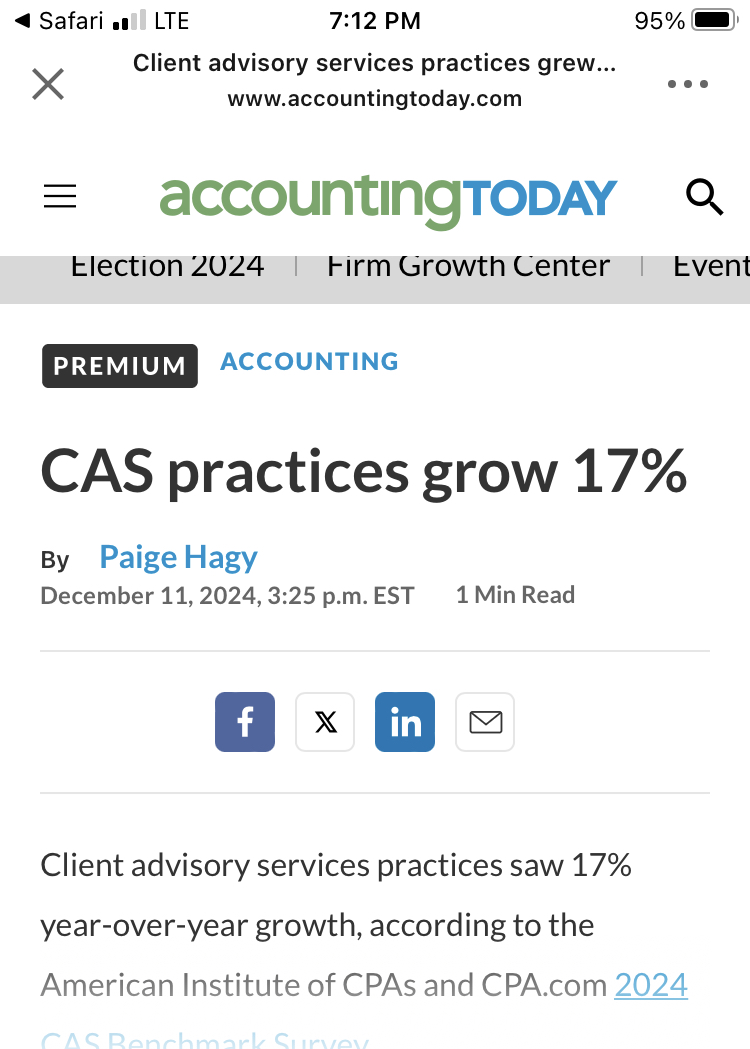
BOI
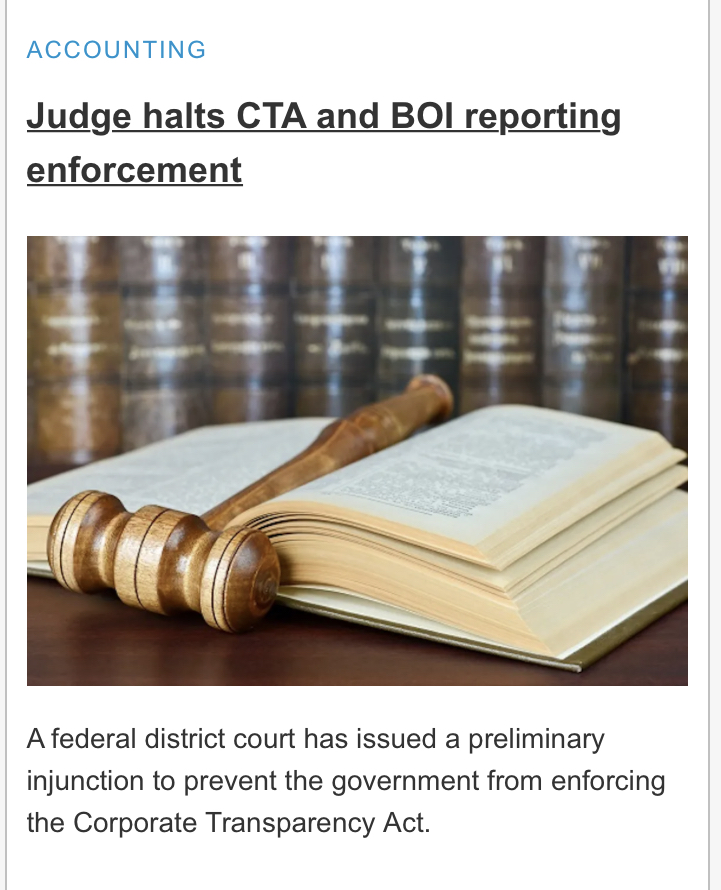
Link for BOI
Is This Taxable?
Wages are taxable.
Revenue is not taxable.
Proceeds from the sale of an asset are not taxable.
Loans are not taxable.
And so many more some taxable and some not.
Education in Texas
Differences in Texas Schools from 60’s to Present
I started school in Texas in 1965. I loved going to school and loved all of my teachers. They were highly respected in my eyes. It was not uncommon for teachers to work for a school for their entire career. Some of my teachers were young and just starting and others were old and nearing retirement. The young teachers seemed proud to be teachers and the older ones just did not want to quit. Now teachers suffer from burnout early into their careers. Students either excel or not. Back then, students were made to repeat a year as consequences for not doing the work. Now teachers are punished when students refuse to do the work. Politics being what they are now, school districts are punished when students refuse to do the work. Back then, at least to me, overcrowding and underfunding did not seem to be a problem. A well rounded curriculum was available to me, even in my small home town. This article from the Houston Chronicle makes me think a lot of schools in Texas back then were similar to mine. Regarding “HISD schools seeing bigger classes” (K-12 Zone, Chron.com, Tuesday), I’m convinced K-12 public schools are under attack. How are we considering the closure of five Houston schools when more than 1,200 classrooms are overcrowded? If HISD thinks school closures and bigger classes are acceptable, we are headed in the wrong direction. When my daughters started school in the 1970s, there was an obvious effort on behalf of the schools and the administration to provide a well-rounded educational experience for students. Class sizes were manageable for teachers and students thrived from one-on-one support. Student involvement in music, art, theater and other extracurricular activities was the norm. By the time my grandchildren enrolled in school in 1993, the school and administration focus had shifted to teacher evaluations and standardized testing. Additionally, many extracurricular activities were considered nonessential, and classes such as art and music were stripped of the funding they needed to exist. This remains the dismal situation we see today. Teachers, parents and community members need to partner together to change this appalling pattern of overcrowded, underfunded schools. Carol McGregor, Houston.
For our system to work, the students must do the work if they are to advance to the next level. I firmly believe that we all learn at our own pace. If you fall behind, it is so hard to recover. The following article from the Houston Chronicle talks about the consequences for teachers when students are not left behind. After retiring from engineering, I got certified to teach high school math and was hired by a charter school to teach three different 10th and 11th-grade courses. I eventually found out that I would also be informally teaching 4th through 9th-grade math because that’s how far behind my students were. A typical day involved six hours of teaching students (many of whom had no interest in being taught), with a 20-minute lunch and a bathroom break on good days and 4-6 hours doing other tasks teachers are expected to do. I spent 8-10 hours on weekends preparing lesson plans, attending mandatory training and catching up. I was a good teacher. I know this because I had students, parents, my alternative certification supervisor and my principal tell me. I had students who improved their TAKS scores by a few hundred points. But I also had parents complain because I expected 10th- and 11th-grade students to be respectful and attentive, turn work in on time, not cheat and be able to calculate things such as 25 x 3 without a calculator. I loved my students, and I loved teaching, but I experienced never-ending exhaustion and frustration. My effective rate of pay for the year was less than $15 an hour. I decided the negatives far outweighed the positives and resigned. Half of the staff resigned or was fired that May. Good teachers will usually have other opportunities outside of teaching available to them. Our educational system is very broken. It hasn’t always been this way. I had a discussion with a 30-year teacher who told me that, if her first years of teaching had been anything like her last years, she would never have stayed in the profession. Susan Hanley, Houston.
Nowadays education is so focused on accountability of the district and teachers that students are not learning. How do you measure learning effectiveness? Learning rates are all about time. With most of us it is not a matter of not being able to learn, but more about how much time does it require to learn. For something to really sink in it has to be drilled into our brains. If the subject is something that interest us, than less time is required. Christopher Skinner did a study on learning by writing down the material verses just speaking the material. He equated learning to time. Learning Rate = Amount of Behavior Change / Time Spent Engaged in Learning Experience. When conducting a number of learning trials, both written and spoken response, Skinner found that the quality of the learning trial was superior when responses were in written form. However, results suggested that the spoken responses learning trials resulted in more learning. Therefore, although the quality of learning trials was strong under one condition (written responding), learning rates were superior under the other (spoken responding), probably because the spoken condition allowed for many more trials per the unit of time. Learning is brought about by experience, and all experiences require time. Thus, it is questionable science not to measure the amount of time required for learning.
The objective of education is to benefit society. There are those in society that are just naturally gifted and talented. It is easy for those to succeed. Being competitive is great for the winners, but not so great for everyone else. Some students pursue higher education to advance their own goals in life, but ultimately all students who better themselves, better society. For a high quality of life, students must be matched with something they are naturally good at and enjoy. There is no stigma associated with having a low quality of life (Kober). To the contrary, a low quality of life merely indicates that the individual is not well suited to his or her existing environment (Kober). Outcomes develop over longer periods of time than outputs (Kober). Input economy is measured in cost per unit, which relates to time (Kober). Outcomes effect all of the stakeholders of education which in turn have multiply social benefits (Kober).
When I was in school, college was available for anyone that wanted to attend. Now for most students, college is out of the question. Lack of motivation and apathy prevents students from trying to achieve. The lack of a good foundation in basic skills, because of being passed through the system, also prevents students from a better quality of life. People are aware of the problem now and how serious it is. “If people aren’t beginning to talk about these issues aggressively, it could very well be too late” (Sandy Kress, Former Education Aide to President George W. Bush). The following article from the Houston Chronicle illustrates how our Texas Legislature is working on better ways to educate our children. “The legislation’s intent is to help ensure that kids walk out of high school able to do something, be that to attend college, trade school or to go straight to work. I feel the changes will be beneficial. Not everyone wants to go to college or can afford it,” said Nyla Watson, Pearland Independent School District senior superintendent of instructional programs. Mark Quick.
Summarized from Ericka Mellon’s article in the Houston Chronicle on lowering standards, now in school, standardized test are used as a tool to hold the educators accountable for our students performance. When I was in school, the students were held accountable. In the 60’s and 70’s low paying jobs were the norm. Now there is a vast difference in your salary depending on your level of education or skill set. So to better prepare the future work force, in 2002 Bush signed “No Child Left Behind” into law. Schools were to demonstrate by the 2014 deadline that 100 percent of their students were proficient in reading and math, based on standardized test scores. The underachieving schools could be shut down.
Also, from Ericka Mellon’s Houston Chronicle article on hard sell, Jones High School in Houston is one of the many underachieving schools in Texas. In lieu of shutting down these schools, some are looking into converting them to vocational schools. The student body at low preforming schools may be better suited for vocational careers. The HISD board last week extended a lifeline to Jones, agreeing not to shut it down but to re-purpose it as a modern-day vocational school. The district’s other vocational high school, Barbara Jordan High School for Careers, has been popular, particularly with students from nearby schools in north Houston.
La Marque ISD is also in trouble due to standardized testing. The following is an article from the Houston Chronicle. The La Marque school district has been assigned a state conservator after consecutive years of poor academic performance and financial troubles. District officials met with the staff Thursday to inform them of the Texas Education Agency’s decision to appoint University of Houston-Clear Lake faculty member Carlos Price as a conservator through August. The district, which serves part of Texas City, was among three to have its accreditation put on probation on Feb. 28. If the district doesn’t improve within a year, it could face the same fate as the now-defunct North Forest ISD, absorbed last year by the Houston school district, TEA spokeswoman Deeta Culberson said. “I don’t think we’re in the same boat as North Forest. I refuse to think we’re in the same boat,” La Marque ISD school board president Nakisha Paul said. “We are trying very hard to get it right. The community is still fighting for this district.” La Marque ISD officials plan to appeal the accreditation decision, saying the district has improved, Paul said. College-readiness rates, for example, increased to 49 percent for the class of 2012, up from 38 percent for the class of 2011. However, just 37 percent of third-graders and 34 percent of seventh-graders passed the math portion of the STAAR last school year. And just 70 percent of the class of 2012 graduated in four years, below the state average of nearly 88 percent, according to TEA data. The district is increasing professional development in math and will hold a town hall meeting to discuss other solutions, Paul said. Part of the district’s struggle is declining enrollment. La Marque ISD has lost roughly 1,000 students since 2009, with enrollment now around 2,800. About two-thirds of its students are black, 20 percent are Hispanic and about 80 percent are considered low-income. This latest announcement won’t help stop the enrollment decline, Paul said. “It’s going to promote fear to parents,” she said. The action against La Marque – as well as Trinity ISD and Brooksmith ISD – reflects the state’s renewed emphasis on moving more quickly to close chronically low-performing schools. Jennifer Radcliffe.
When a school’s rating is poor, the students are allowed to transfer to better schools. That sounds great, but does not always work out. Logistics is an issue for many. Also, who want the underachievers? This is another interesting article from the Houston Chronicle. The number of officially faltering public schools in Texas almost doubled last year, in part because of higher accountability standards imposed by state education policy. The Texas Education Agency released Thursday a list of 892 schools that fell short of minimum standards and which have been placed on the Public Education Grant list. Students at schools on the list are allowed to transfer to other schools if their parents wish, and the schools accepting them get additional funds to educate them. Districts are required to notify parents of children who attend a school on the list that they can request a transfer, including transfers to another district. However, districts are not required to accept such transfer requests. Mike Tolson.
School districts are held accountable for educating our children by state wide standardized testing. When they are rated poorly, that is a direct reflection on the district and their employees. When I was in school, the students were the ones that cheated. Now, how often is it that the teachers are the ones cheating? The TEA has the job of enforcing standards in our public schools, but how enforceable are they? In this Houston Chronicle article, it was exposed that at least one school district did cheat on their standardized test scores. The education agency has followed up and found that a former Houston Independent School District principal was implicated in cheating when he worked in the Uvalde district outside San Antonio. The report from the state auditor said the education agency’s lax method of mostly letting school districts police themselves “increases the risk that systemic cheating will not be identified.” Ericka Mellon.
In another Houston Chronicle article, it was discovered that four schools in El Paso also cheated on their standardized test scores by manipulating the system. The district in late February received a draft audit from a public accounting firm that investigated the scam that manipulated student grade levels, forced some students out of school and kept others from enrolling so state and federal accountability ratings could show improvements. Associated Press.
When I was in school we had frequent periodic testing to ensure that the students were doing the work and comprehending what the teachers were teaching. The longer between testing and the more comprehensive the test, would mean a more difficult test, lower scores, and sometimes less effort by the students. Now that testing is so important, not because it is a way to find out what the students have retained but as a way to grade the schools and educators, an easy way to improve grades would be to do away with the standardized test and replace with frequent periodic testing like we use to do. Scientist agree as indicated in this New York Times article. Grading college students on quizzes given at the beginning of every class, rather than on midterms or a final exam, increases both attendance and overall performance, scientists reported Wednesday. New York Times.
Finally, to sum up, I was talking to my daughter, a sixth grade Texas teacher, and she informed me at her school they are not allowed to write up the black kids any more for the rest of the year because their school is over their quota of black referrals. She also informed me that once a student is labeled as a problem student, they are not allowed to discipline that student. The third thing she informed me of, and the most disturbing, is here in Texas, when a student is labeled as a problem student, the government sends their parents extra compensation. The students refer to this as the “Crazy Check” and they are proud to achieve this status. None of this nonsense would have been tolerated back when I was in school. A lot of my generation did not receive a great education, but it was their own fault. It seems to me that the only kids receiving a quality free public education are the students that are working for it. The TEA is trying to force all students into complying, but it is not working and both our students and teachers are suffering.
Brett Bickham
Clifton, TX
Works Cited Page
ASSOCIATED PRESS, Houston Chronicle (TX) – Sunday, March 31, 2013, Education scandal – El Paso school board could oust 4 principals.
Hanley, Susan, Houston. Houston Chronicle (TX) – Wednesday, March 19, 2014, LETTERS – Relating to teacher burnout.
Kober, Ralph 1, Eggleton, Ian R. C. 2. Source: Journal of Policy & Practice in Intellectual Disabilities. Mar2009, Vol. 6 Issue 1, p40-51. 12p. 2 Diagrams, 4 Charts.
NEW YORK TIMES, Houston Chronicle (TX) – Friday, November 29, 2013, Education – Study: Frequent tests can enhance college learning.
McGregor, Carol, Houston. Houston Chronicle (TX) – Saturday, February 15, 2014, LETTERS – Focusing on changing schools.
Mellon, Ericka, Houston Chronicle (TX) – Tuesday, March 18, 2014, EDUCATION – Hard sell ahead for redesign of Jones.
Mellon, Ericka, Houston Chronicle (TX) – Saturday, August 31, 2013
Mellon, Ericka, Houston Chronicle (TX) – Wednesday, October 2, 2013, Education – Paige worries waivers lowering standards.
Quick, Mark A. Houston Chronicle (TX) – Thursday, February 27, 2014, Education – New rules this fall for high school freshmen – State changes requirements for graduation.
Radcliffe, Jennifer, Houston Chronicle (TX) – Friday, March 7, 2014.
Skinner, Christopher H. Source: Psychology in the Schools, Feb 2010, Vol. 47 Issue 2, p166-172. 7p.
Tolson, Mike, Houston Chronicle (TX) – Friday, January 10, 2014, Failing schools spike as standards tightened.
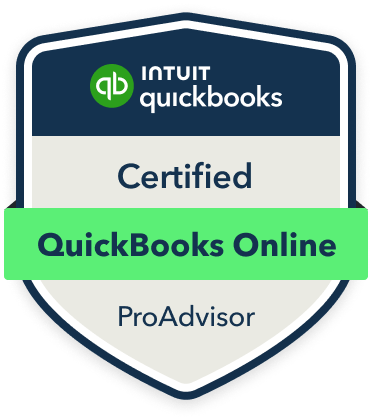
Free!
Rule Accounting is now a QuickBooks Online ProAdvisor. As a ProAdvisor we can sell QBO at a 30% discount. This discount is for 12 months if you pay Intuit directly or indefinite if you purchase through Rule Accounting. As always, the first month is free, either way.
If you want us to setup and or maintain your QBO account, Rule Accounting does charge for that service. Our basic hourly rate starts at $100 for new entrepreneurs. The rate increases for larger companies with more complex needs.
Most small businesses with sales less than $300,000 per year will require 4 hours setup time and 3 hours per month to maintain.
Rule Accounting’s preferred payment method is by automatic monthly bank draft (ACH payments) that I will set up and the client will approve. Neither QBO nor Rule Accounting can access your bank accounts to make any kind of changes. All QBO bank accounts access are strictly read only.
I encourage you to contact Rule Accounting at 254-978-0001, on how we can serve you with your accounting needs.
All phone calls/texts/emails/in-person conversations are 100% free!
Structure
What is the difference between a bookkeeper and an accountant?

